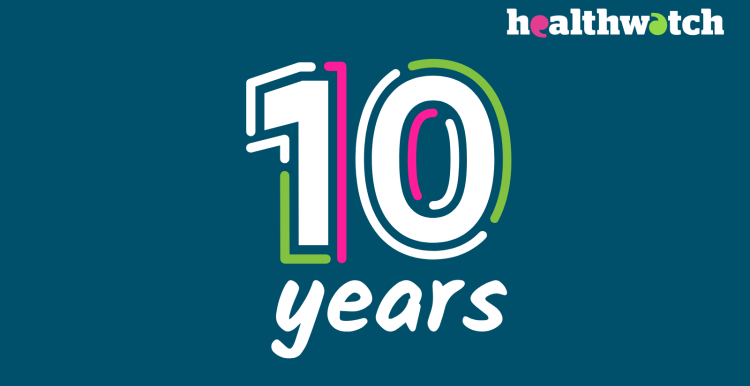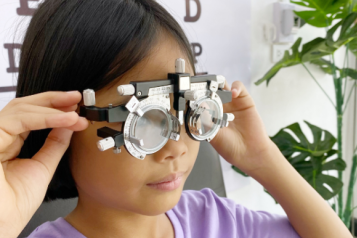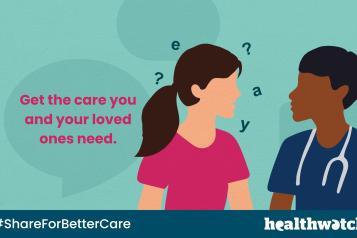‘Review culture’ is on the rise, yet only one in 10 feed back on health services

National research highlights how widespread the culture of reviewing products and services is now in England. When polled, 84% of adults said they would likely leave a review if they had a positive or negative experience.
The top five areas where people typically post reviews are:
- Going out for a meal or drink, or getting a takeaway (41%)
- Experience of ordering products online (28%)
- A hotel stay (25%)
- A visit to a tourist attraction (23%)
- A book they have recently read (15%)
On average, the respondents said they would spend eight to 10 minutes sharing these reviews. Online review forums and product websites are the most likely ways people would share their views.
Yet when asked if they had if they would provide feedback after visiting their doctor, nurse or another healthcare professional - just one in 10 (11%) people said yes.
Patient feedback can enable the NHS to spot issues and identify where services may need more resource or other support. It can also help address inequalities in access to care, the extent of which has been laid bare by the pandemic.
With NHS and social care services under pressure, Healthwatch is calling on more people to tell the NHS when they are doing a good job and when services can be improved.
Feedback makes a difference
Healthwatch Bradford and District Lead Officer Helen Rushworth said: “Here in Bradford district, last year hundreds of people shared their experiences of health and social care with us. That’s really great but we would love that to be even higher so that we can tell local service leaders what things are working well and highlight where there needs to be improvement.
“We are currently looking for people to tell us about their experiences of end-of-life care and young people's mental health, alongside feedback about any local health and care service."
Louise Ansari, National Director of Healthwatch England, said: "There has been a massive rise in ‘review culture’, which, if harnessed, could make a real difference to local NHS and social care services.
"Feedback about what is and isn’t working plays a crucial role in helping care services spot issues and understand how they can improve quality, safety, and efficiency. With doctors and nurses hard-pressed, positive feedback can be a real boost for morale.
"So next time you use a health or care service, take a moment to share your experience. It won't take long and could make a real difference in making care better for you and your community."
The research also found that health and care services could generate more public feedback by clarifying that any shared experience is welcome and won't negatively impact people's care.
When asked what the most significant barriers were that stopped people from sharing feedback on health and social care services, the most popular reasons were:
- Being worried it would harm the quality of their care (20%)
- Not wanting to cause problems for health and care workers (20%)
- Not knowing how to feedback (18%)
The research comes as the Healthwatch network of 152 services marks its 10th anniversary. The public health and care champion is celebrating its anniversary across the country by thanking everyone who has shared their care experiences, and the professionals who have acted on feedback since Healthwatch started work in 2013.


